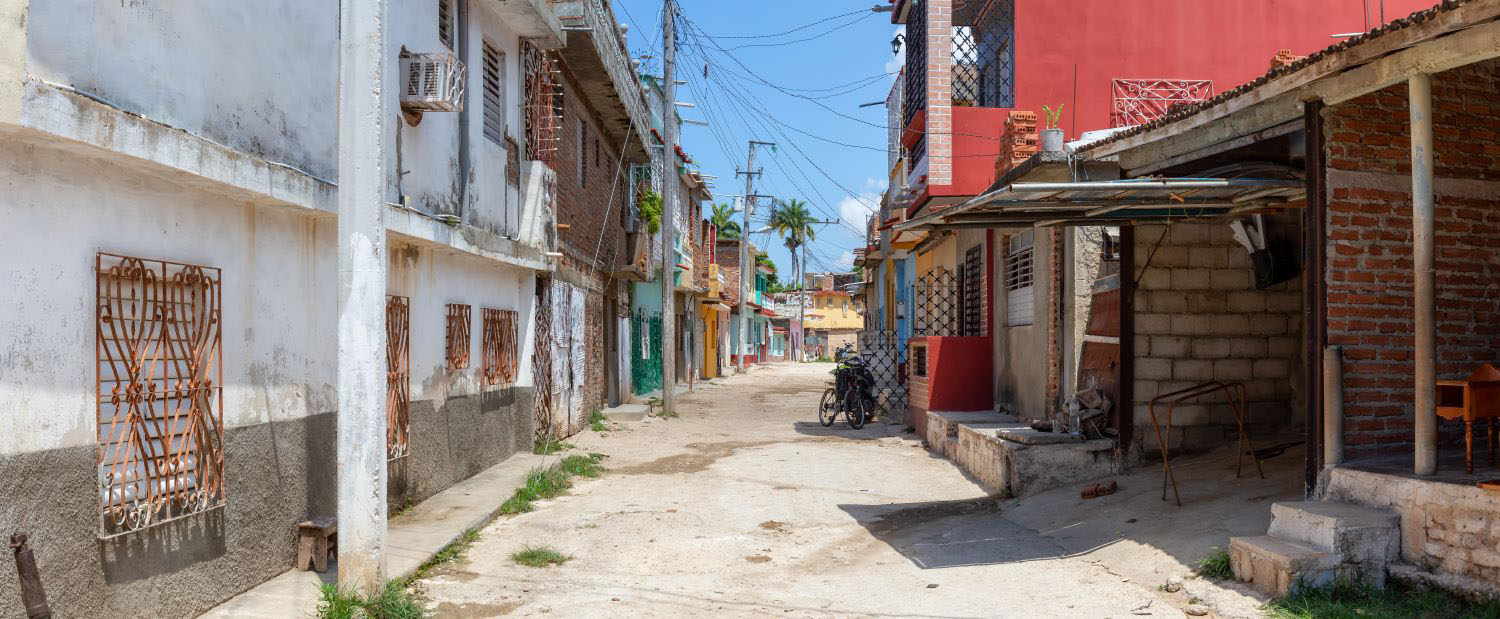Surging violence in the Middle East, massive refugee flows from the region, and the recent terrorist attacks in Paris and here at home have brought renewed focus to the fight against terrorism. The strategies are strikingly familiar—a new international military coalition, the return of US troops to the region, an increase in security assistance to regimes in the region. But if what’s past is prologue, these strategies, taken alone, will fail to secure our interests. Despite hundreds of billions in security assistance over the last three decades, over $2 trillion for the costs of US wars in the region, and nearly 4,500 American lives lost over the last decade, the region today is engulfed in violent conflict and instability, with attendant consequences for regional populations, US allies, and US interests.
To achieve a different outcome, the United States must take a different approach. The root causes of the region’s enduring violence and instability lie in poor governance, exclusion, inequality, and oppression. Enduring solutions, therefore, rely on political and social transformations to ensure dignity, justice, and opportunity for all. The United States can and must play a larger role in supporting such transformations. In my new White House and the World brief, I’ve laid out how—beginning with modernizing its security and development assistance to the region. The United States must:
(1) Remodel Security Assistance. US security assistance requires a structural overhaul premised on mutual interest and undergirded by mutual responsibility. Security assistance should be focused on and informed by regular assessments of the threat environment and the capabilities required to respond. Institutional reform must be prioritized, by providing US security assistance and military sales within mutually agreed compacts with clear objectives, use agreements, and institutional reform plans to ensure that the assets and security institutions that deploy them align more closely with international norms. Finally, the United States should encourage civilian oversight, by increasing transparency and engaging appropriate civilian leadership in compact development, implementation, and compliance monitoring.
(2) Increase Economic Engagement and Restructure US Economic Assistance. The US should establish a $1 billion Middle East and North Africa Fund, focused on critical economic and institutional reforms and demonstrating the responsiveness, transparency, and public accountability desired of public institutions. Like Millennium Challenge Corporation (MCC) compacts, the Fund would incorporate robust economic analyses into program planning and financing; secure commitments from government partners to undertake necessary policy, regulatory, and institutional reforms for project success; and engage constituents in planning and program accountability with aggressive transparency. In addition, the US should amplify its efforts by convening Gulf and European allies and international financial institutions around a shared economic reform agenda, recognizing that its greatest leverage is in convening and partnering with other actors in the region.
(3) Elevate Political Reform, Reformers, and Universal Rights. The United States must elevate human rights and political reform in its diplomacy and engagement, commensurate with their central role in achieving US objectives. In addition to protecting and promoting fundamental human rights, the United States must find creative ways to give local activists and reformers the tools they need. Such tools should include technologies and services that allow citizens to communicate and organize locally and connect to regional and international support, as well as online platforms to aggregate and amplify citizen voices. Further recognizing the need for greater flexibility and responsiveness to local solutions and movements in the context of closing civic space, the United States should help establish a multilateral marketplace of professional service providers (e.g., constitutional lawyers, pollsters, technology experts, and communications strategists) to support activist organizations and citizen movements.
The next US President has an opportunity to advance a new approach to engagement in the Middle East and North Africa, balancing near-term security priorities with the longer-term political and economic development outcomes that will undergird the region’s stability, generate lasting security and prosperity for the region, and thus secure US interests for the long term.
CGD blog posts reflect the views of the authors, drawing on prior research and experience in their areas of expertise.
CGD is a nonpartisan, independent organization and does not take institutional positions.





